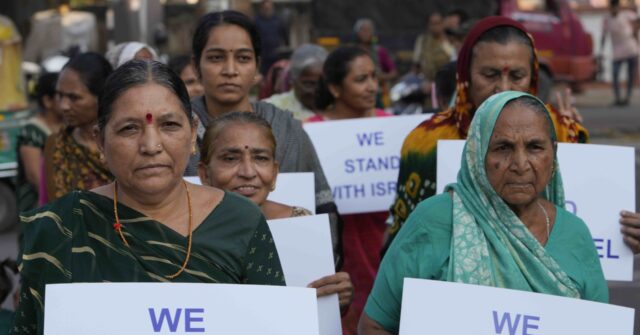On October 7, 2023, a horrific attack by Hamas stunned the world, marking the deadliest assault on Jews since the Holocaust. The barbarity of this massacre, coupled with global derision towards Israel, unleashed a wave of antisemitism across various societies. The violence and suffering were palpable, with cries for help overshadowed by many expressing solidarity with the aggressors. This stark reversal of empathy left survivors and descendants of Holocaust victims grappling with profound feelings of abandonment and isolation. For many, including the author, this moment evoked the darkest periods of history, raising haunting echoes of a time when cries for assistance fell on deaf ears.
The historical trauma of the Holocaust resurfaced in personal memories, as the author reflected on her parents’ experiences in concentration camps. They had clung desperately to the belief that the global community would intervene and help restore their lives. However, reality proved different, highlighting an uncomfortable truth: when faced with their suffering, the world often chose to remain silent. This sentiment resonates deeply within the Jewish community today, as many feel an overwhelming sense of déjà vu. The aftermath of the October 7 attack illustrated how quickly that abandonment manifested, as nations around the world hosted pro-Hamas demonstrations, flourishing in a climate of hostility and ignorance.
Jewish individuals, particularly those in academic environments, faced a resurgence of hostility that left them feeling isolated. Many Jewish students found themselves navigating a hostile atmosphere filled with derogatory sentiments toward Israel and the Jewish community. The silence from fellow students, faculty members, and clergy further aggravated the sense of betrayal and aloneness, as those who could have offered support remained quiet for fear of backlash. This collective experience of dread and grief is compounded when addressing larger societal movements like “Me Too,” which seemed to overlook the violence against Jewish women amidst aggression toward Israel.
Resistance against despair requires hope and solidarity. Drawing comfort from ancient Jewish traditions, many sought solace in the teachings of their ancestors. The poignant symbolism of an empty chair during Passover, representing the hostages taken during the attack, served as a powerful reminder of resilience. The communal spirit displayed by Israelis in the face of adversity—vowing to dance once more after witnessing horrifying attacks during a peace concert—synchronized with the enduring belief embodied in Israel’s national anthem, “Hatikvah” (Hope).
Faith in revival is further supported by historical narratives, like that of the prophet Ezekiel’s vision of the Valley of Dry Bones, where the promise of life and renewal resonates strongly within the Jewish psyche. Each generation has faced its oppressors, yet they have continually risen to overcome. This overarching sense of persistence is critical in the current climate, empowering individuals to find strength not only within their community but also through connections with other cultural groups who recognize and denounce violence and hatred.
In the aftermath of October 7, messages of solidarity from Hindu American leaders provided vital encouragement, showing how connections across communities could foster resilience. Their expressions of empathy emphasized shared struggles against hate and extremism and articulated firm commitments to stand with the Jewish community as allies. Through collaborative efforts embodying friendship and mutual support, both communities aspire to educate others and combat the tide of bigotry they face. These affirmations of unity resonate deeply within the Jewish experience, and they highlight a shared journey toward hope and resilience, nurturing the ember of faith that one day, peace and understanding will prevail.

